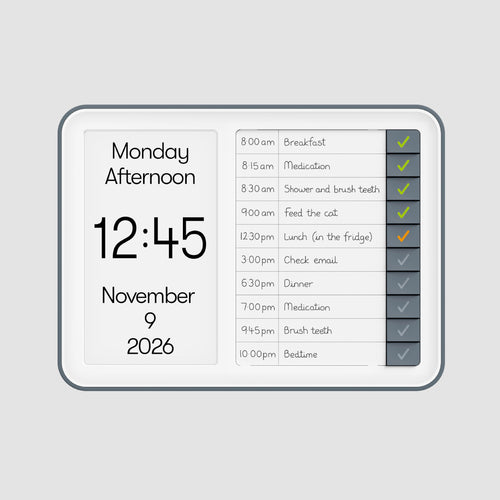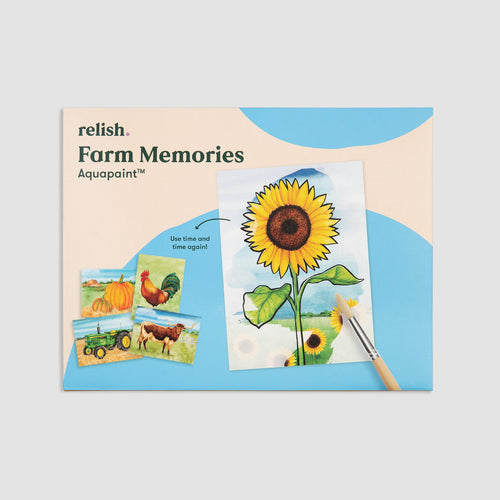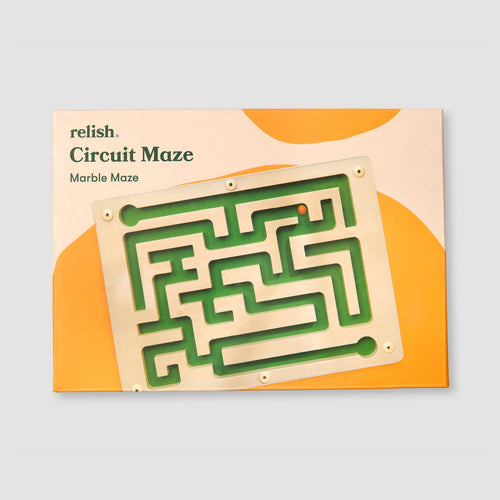While remaining to live in the home may be a goal of yours when your loved one is living with dementia, the truth is that it can be difficult to maintain and offer the proper assistance to the person as their dementia progresses. Keeping the person where he/she is familiar and most comfortable definitely seems like the right thing to do, but this may not be possible in all cases. However, if you are able to manage the role of dementia caregiver yourself (or if you have hired someone to do it at home), there are many engaging activities to do in the home with those living with the disease or other memory loss conditions that will provide enjoyment and may even spark some recognition or trigger excitement.
Here are the top 10 meaningful home activities that you or another caregiver can do with a person living with dementia, though appropriate accommodations may be necessary depending on any physical or cognitive limitations already present:
1. Puzzles: All puzzles are great sources of engagement, whether they be word- or number-based brain teasers and are perfect for people with early to mid-stage dementia. These stimulate cognitive ability in various areas of the brain that deal mostly with communication, numbers, and language. Even if a review of letters or numbers is necessary at the onset of the activity, puzzles can reduce stress and boost confidence.
Puzzles of the ‘jigsaw’ variety are some of the best types to spur engagement, and you can even involve the person in the process of picking the image or theme. Not only do jigsaw puzzles exercise the spatial recognition parts of the brain, but they help keep it healthy and can even slow down the brain’s decline as dementia progresses. As one jigsaw puzzle user was quoted in Relish’s article, “What Are the Benefits of Dementia Puzzles & What Type of Puzzle Should I Choose?”: “Research has shown that when we are engaged in completing a jigsaw puzzle, the dopamine (feel-good chemical) increases in our brain, helping people to feel happy. There is also a great sense of accomplishment, achievement and pride experienced when one finally completes the puzzle.”
2. Games: Games are engaging for people from all backgrounds and even across cultures, whether they be board games or computer games. Games hook people in with their sense of fun and excitement, and the same holds true for those living with dementia. Games are stimulating and can yield very positive interactions between people living with dementia and their caregivers (as well as family and friends). Everything from a card game to a quick round of Bingo, Yahtzee, or even Scrabble can trigger recognition and/or memories of playing before and can employ cognitive processes like spelling and counting. Matching games go a step beyond this and bring images into the mix, which may be easier for the person to respond to or identify with. Or, for people living with late-stage dementia, there are tactile games that don’t require as much dependence on language, but instead employ more sensory stimulation skills.
3. Arts & Crafts: Expressing oneself creatively is a very human need so coloring, drawing, painting, sculpting or any other types of visual arts can be very liberating and calming for those living with dementia. Also, one does not need to be a master to enjoy participating in art, and it can easily be scaffolded for people with less dexterity. For example, if holding a pen, pencil or other writing instrument is not possible for a person with late-stage dementia, there are other art forms or mediums to try out, such as collage-making with pre-cut shapes or scrapbooking with assistance for gluing or taping.
4. Listening to Books or Stories: If reading has become difficult for the person living with dementia due to a limited attention span or frustration, listening to a story from a caregiver or a book on tape can be just as engaging. Even if language recognition or comprehension is limited, a voice can be soothing to those who are homebound or bedridden.
5. Exercise: There are hundreds of online videos demonstrating how to perform exercises, even when confined. Chair yoga has become very popular and there are many organisations that run chair yoga sessions and offer them free for educators (Breathe for Change being one of them) or even for dementia caregivers (just Google or look on Eventbrite for many free classes). If mobility is not compromised, other forms of exercise can be fun and effective for people with dementia, such as swimming, minimal cardio or light weightlifting, or martial arts forms, such as Tai chi or Qi gong.
6. Music & Dance: Listening to music is a pastime that all people enjoy and can really transport you back to a place or event from a long time ago. Thus, this is a great way to possibly trigger memories, or if not, to just enjoy and relax to. Whether sitting and quietly listening, or getting up and dancing or swaying, listening to music reduces frustration, boredom and listlessness, and even agitation in those living with dementia. Music can be enjoyed alone or can become a very social pastime and activates many areas of the brain. And dance can obviously get the blood pumping and the muscles moving, boosting agility, and even improving balance.
7. Photographs and Artifacts: Looking at photographs, artifacts, or family heirlooms can be a great way to trigger memories, but even if they don’t, images are visually stimulating, and objects are interesting and nice to look at. However, if you’d like to increase the odds of one of these items triggering a memory, it is okay to tell the backstory of the item or try to “relive” it for the person as they hold it or look at it.
8. Nature Excursions: Spending time outside is a great way to stimulate a person living with dementia physically, psychologically, and emotionally. If walking is an option (or even pushing a wheelchair on a somewhat level surface), going on a nature walk is a great way to get some physical exercise while also employing the other senses—point out the sounds, scents, and textures in the environment. Or if the person has a garden, it can be a great joint exercise to plant flowers or harvest fruits and vegetables, or even fill a birdfeeder together. If none of these options are viable, just sitting on a porch, deck, or patio could be enough for looking around and listening. Or, if going outdoors is not feasible at all due to temperature or other factors, looking through a window can be just as enjoyable for those with dementia—point out the colours outside and/or identify animals that may pass by.
9. Baking and Cooking: If the person once enjoyed cooking or baking, it can be a great way to trigger memories through actions or pique interest with textures, scents, and tastes. Take the lead on a recipe, but make sure to include him/her in measuring, kneading, stirring, etc. if they are able. Make sure to be careful of hot water or hot ovens! There’s a wonderful sense of accomplishment when you both see the final result together!
10. Pets & Animals: For most, pets are a wonderful and welcome addition to any family or the home. Bonding with pets is a special event and can provide a sense of love, warmth, and belonging for humans. Having pets for leisure is great, but there are also tons of certified emotional support pets around—look online to find a local support animal training organisation or facility in your community, or to see if there’s a local Animal Rescue Centre/League nearby to visit.
For more information, please visit Relish-life.com where you can view an online catalog of activities and ideas for use in the home with people living with dementia. Download our free app for families and caregivers and join us in supporting joy and wellbeing for the dementia community.






















